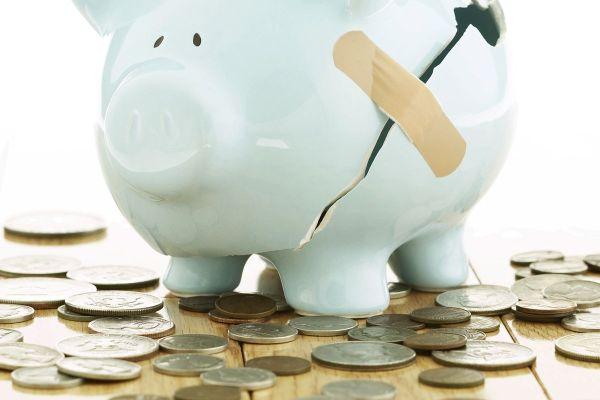Published on the 16/02/2016 | Written by Newsdesk

Changing purchasing habits, including growth in the sharing economy, show retailers who don’t keep up will be left with an empty piggy bank…
Two thirds of New Zealanders are now using contactless payment technology and almost half of us expect we will no longer be using cash in ten years’ time according to a recent survey by MasterCard. It says the number of people using contactless payments has jumped over 20 percent compared to just a year ago and almost half of those who use it say they do so whenever they can.
MasterCard New Zealand country manager Peter Chisnall, says that New Zealand is one of the fastest countries to adopt contactless technology. He thinks it is because it is easy, safe and fast. But it’s not fast enough for some. Over a third of those who think we will soon be a cashless society say that retailers need to do more to embrace new payment technologies and they get frustrated when contactless technology is not available. Buying coffee seems to be a particular pain point, with cafés and coffee shops being singled out as the most likely place customers would use the technology, but supermarkets and general retail also figured in the list.
“More and more consumers are choosing to use contactless technology when making a purchase, a trend we expect to see continue as demand pushes retailers to make the technology more widely available in-store,” says Chisnall.
“MasterCard encourages retailers to ensure their terminals are enabled to accept contactless payments because this technology not only supports the use of contactless cards, but opens the door to emerging payment technologies, such as mobile payments,” says Chisnall.
In a separate set of research Dr Pinar Ozcan, Associate Professor of Strategic Management at Warwick Business School, said that the booming sharing economy is driving growth in mobile payment. He quoted a PwC estimate which suggests the global sharing economy will grow from $15 billion in 2013 to $335 billion in 2025 and he believes that will push up the use of mobile payment technology as well.
These sharing platforms encourage business at an individual level though apps on smartphones, rather than going through companies. “Calling for a taxi through Uber or booking a room on Airbnb or even finding the nearest car repair shop all involves apps. They are doing business from peer to peer and bypassing companies and it is all done through mobile payment technology. This all happens on the mobile phone, it is the device where you book all these things, and the app allows you to send a payment with one click,” he said.
According to Dr Ozcan mobile payments have been delayed by 15 years due to the “squabbling egos” of banks and technology firms over who dealt with – and essentially owned – the end customer. The arrival of Apple Pay in 2015 has brought the return of Google Wallet and Dr Ozcan believes it will lead to rapid growth in the technology that had stalled for more than a decade.



























